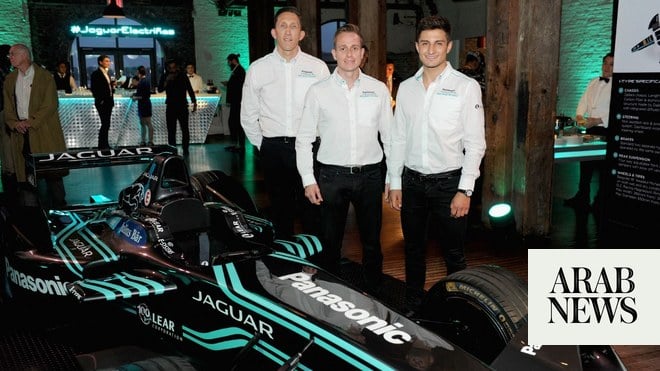
Educast, a Pakistan-Saudi virtual health platform, has joined with the Palestinian Young Explorer startup to provide medical care through e-doctors to mothers and children facing Israeli attacks in Gaza and the West Bank, the two companies announced this week.
Young Explorer is an online platform that offers parents of special needs children consultations and access to written and video resources, while Educast, a Saudi-Pakistan technology group, is a virtual education platform that runs the eDoctor project, launched in 2019.
The program retrains hundreds of Pakistani women doctors who were unable to join the profession due to family pressure or who stopped practicing when they married or moved abroad.
After training, Educast virtually connects the doctors with women patients around the world.
Under the collaboration, Educast will offer the services of more than 100 women doctors living in North America, Saudi Arabia, the UAE and Pakistan to Palestinian families in need.
“We consider all children facing war and violence as children with special needs,” Ayah Dajani, Young Explorer’s founder and CEO, told Arab News from the Palestinian city of Ramallah on Monday.
“That’s why we volunteered to open our platform to families and extend free support to them and their children with the help of our team of therapists, developers and media. Educast will provide us with a big set of experienced doctors to contact the families and give them much-needed support.”
“Educast is bringing over 150 Pakistani licensed women doctors from 12 countries for teleconsulting and remote healthcare diagnostic and mental health counseling to women and children suffering Israeli attacks,” Abdullah Butt, the platform’s CEO, told Arab News.
“Palestine’s Young Explorer organization will funnel our services through its system and redirect it to about 20,000 women using its platform who will be able to receive video-based consultation from Pakistani e-doctors,” he said.
“We will be providing our services to war-torn areas of Al-Quds, the West Bank and Gaza Strip.”
Young Explorer aims to facilitate Educast in areas where Israeli forces have destroyed basic health facilities and infrastructure.
“We are giving our platform to the telehealth campaign,” Dajani said. “All our staff will work on tech, marketing, social media, design and coordination with doctors. The service is expected to start within a week.”
She added: “In Gaza, access to health is limited due to the continuous rocket attacks. Children face intense pressure and fear. In the West Bank, there are medical centers, but we will use the power of social media and the internet to reach large numbers of people.”
Doctors who have volunteered for the service say they want to help Palestinians.
“I will be pleased to utilize my knowledge of medicine to serve Palestinian sisters and children,” Dr. Rehana Din Mohammad, a physician based in Oman, said.
“I have gained experience handling hundreds of COVID-19 patients in Pakistan,” Dr. Faizah Ayub Khan, a doctor based in the UAE, told Arab News. “Now, I am determined to provide full support to my Palestinian sisters.”
Dr. Tayeba Khan, a mental health expert based in Canada, said that women and children in Palestine were facing traumatic circumstances as a result of Israeli attacks, adding that she “could not wait” to provide assistance.
Educast has previously provided similar services in Yemen.
“After establishing three maternal child health telecenters in the war zone of Yemen, we are now launching another timely initiative in Palestine,” Butt said.
Educast and Young Explorers are both winners of the 2019 Islamic Development Bank’s Transform Fund.
The funding is part of the bank’s $500 million grant established to improve quality of life in the Muslim world through technological innovation.











